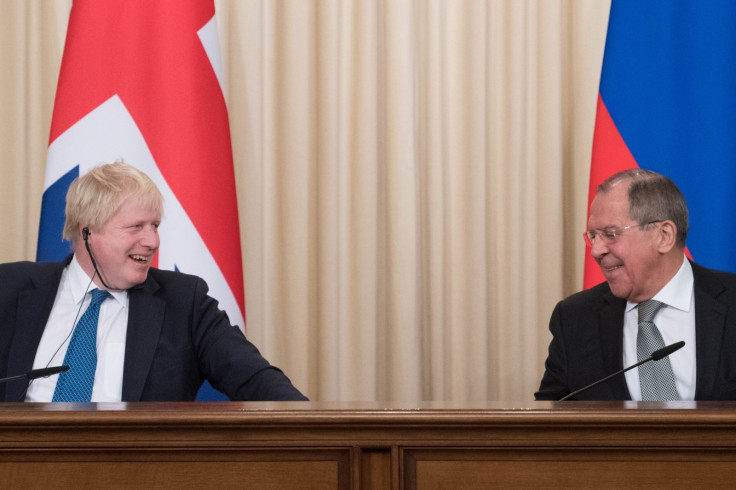Brexit: Russia had four times more social media impact than Leave campaign
KEY POINTS
- Russian networks netted approximately 134 million impressions on Twitter in the run up to the referendum.
- RT and Sputnik published at least 261 pro-Brexit articles in the 6 months leading up to the vote.
New research indicates that the social media reach of state-run Russian networks eclipsed that of the largest Leave campaigns in the run up to the Brexit referendum.
A report produced by social media analysis company 89up shows that the pro-Brexit news coverage by the Kremlin-backed Russia Today (RT) and Sputnik networks netted approximately 134 million Twitter impressions ahead of the referendum.
The two largest domestic Leave campaigns – Vote Leave and Leave.eu – generated potential impressions of 33 million and 11 million, respectively.
Accounts confirmed to be Russian bots by US Congress investigations delivered over 10 million potential impressions during the referendum, the report states. This represents nearly a third of the potential reach of all tweets from the Vote Leave Twitter account during the period analysed.
RT and Sputnik published at least 261 anti-EU articles in the six months leading up to the referendum. Many of these were "highly misleading", the report said, on subjects such as refugee flows, UK immigration numbers, the role of MI5 during the referendum and the role of the CIA in creating the EU.
Mike Harris, CEO of 89up, said, "The Kremlin's propaganda channels had three times more impact on Twitter than both the official Leave campaigns combined.
"We don't know how much the Russian government is paying social networks to spread their propaganda, or how much Russia is spending on their media networks. "
Russian networks were by far the most influential among foreign networks. RT was the most successful with 215,336 social engagements for its pro-Brexit material, followed by Sputnik with 47,812. Even counting pro-EU and neutral material as well as anti-EU articles, France24 was in third, with just 7,299 engagements.
The authors of the report wrote that it would have cost approximately £1.35m for the Leave campaigns to buy an equivalent amount of pro-Brexit coverage as was provided by Russian networks.

The findings represent the latest evidence that Russia may have had a hand in the successful Brexit campaign. A weak EU is in Russia's strategic interests, and the Kremlin has been using non-military methods to sow distrust and animosity within the bloc and within Nato.
Twitter has already admitted that the Internet Research Agency – a so-called "troll factory" in St Petersburg – was linked to 49 accounts that had tweeted about Brexit. However, the company said the accounts only tweeted 942 times, receiving 461 retweets and 637 likes.
"We need parliament to get to grips with a clear and deliberate attempt by an autocratic foreign power to interfere in our democracy," Harris said.
The research has been submitted to the Culture, Media and Sport Select Committee. On Saturday (10 February), Damian Collins, chair select committee, told the Observer that social media companies should notify Britons who had been exposed to propaganda during the referendum campaign.
89up sourced its data from tools provided by Twitter, Facebook, social media marketing company BuzzSumo and other "scraping" methods.
89up's clients include Best for Britain, a campaign to keep the UK in the EU. The agency says it funded the research itself.





















